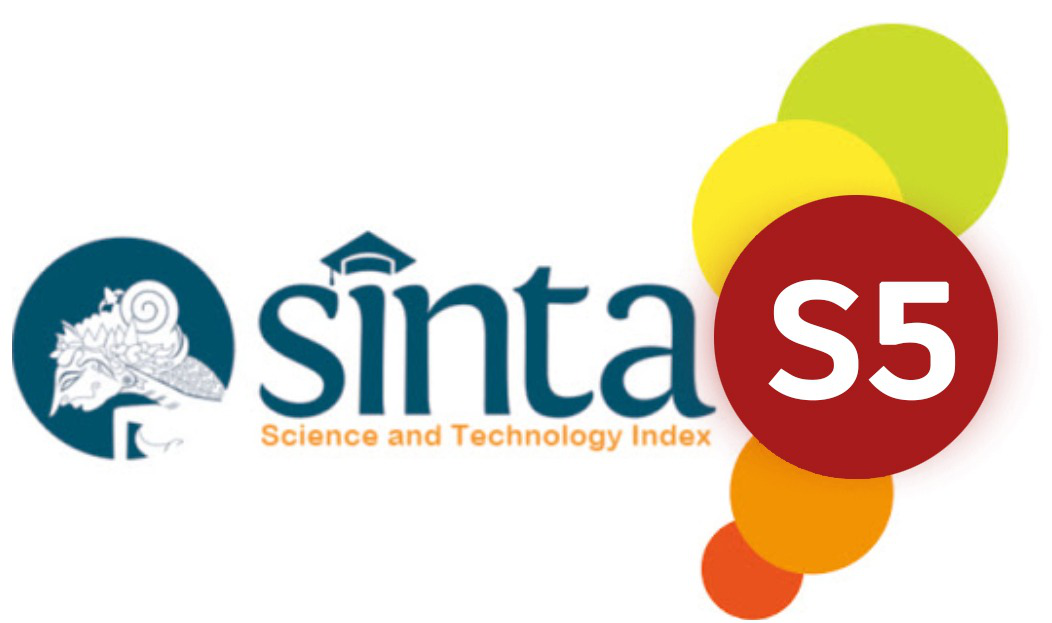STRATEGIES FOR MULTICULTURAL COMMUNICATION: A STUDY OF INDONESIAN POSTGRADUATE STUDENTS
Abstract
This study focuses on the multicultural communication strategies employed by Indonesian postgraduate students during their study abroad experience at a university in Melbourne, Australia. Multicultural communication, as the main focus of this research, refers to communication between participants from different lingua-cultural backgrounds or nations, where their different conceptualizations and perspectives may lead to potential miscommunication. To achieve the research objective successfully, a qualitative method, specifically a semi-structured interview, was adopted to collect the data. 4 Indonesian postgraduate students who studied abroad in Melbourne, Australia were interviewed and asked about their cross-cultural misunderstanding experience during their sojourn period in Australia. They were also asked how they negotiated meaning and overcame language barriers when they communicated with local Australians or other international students. The collected data were analyzed and discussed in reference to strategies for multicultural communication theoretical framework. The findings of this study demonstrate that the respondents implemented a range of strategies to achieve successful intercultural communication, and the observation of others was deemed as one of the most effective methods. The outcomes of this research could provide a useful reference for students who plan to study abroad, especially in Melbourne, Australia, on the various strategies they can use to have effective communication across cultures.
Keywords
References
Baker, W. (2009). The cultures of English as a lingua franca. TESOL Quarterly: A Journal for Teachers of English to Speakers of Other Languages and of Standard English as a Second Dialect, 43(4), 567-592. doi:10.5054/tj.2010.215611
Byker, E. J., & Putman, S. M. (2018) Catalyzing cultural and global competencies: engaging preservice teachers in study abroad to expand the agency of citizenship. Journal of Studies in International Education, 23: 84–105. doi:10.1177/1028315318814559
Canagarajah, S. (2009). Multilingual strategies of negotiating English: From conversation to writing. JAC, 29(1/2), 17-48. Retrieved from https://www-jstor- org.ezproxy.lib.monash.edu.au/stable/20866885?seq=1#metadata_info_tab_contents
Fang, F., & Baker, W. (2018). ‘A more inclusive mind towards the world’: English language teaching and study abroad in China from intercultural citizenship and English as a lingua franca perspectives. Language Teaching Research, 22(5), 608-624. doi:o0r.g1/107.171/1773/6123612618681871771188574
Firth, A. (1996). The discursive accomplishment of normality: On ‘lingua franca’ English and conversation analysis. Journal of Pragmatics, 26(2), 237-259. doi:10.1016/0378- 2166(96)00014-8
Henderson, S., Barker, M., & Mak, A. (2016). Strategies used by nurses, academics and students to overcome intercultural communication challenges. Nurse Education in Practice, 16(1), 71-78. doi:10.1016/j.nepr.2015.08.010
Jain, P., & Krieger, J. L. (2010). Moving beyond the language barrier: The communication strategies used by international medical graduates in intercultural medical encounters. Patient Education and Counseling, 84(1), 98-104. doi:10.1016/j.pec.2010.06.022
Jenkins, J. (2006). Points of view and blind spots: ELF and SLA. International Journal of Applied Linguistics, 16(2), 137-162. doi:10.1111/j.1473-4192.2006.00111.x
Kaypak, E., & Ortaçtepe, D. (2014). Language learner beliefs and study abroad: A study on English as a lingua franca (ELF). System, 42, 355-367. doi:10.1016/j.system.2014.01.005
Mackey, A., & Gass, S. M. (2016). Second language research: Methodology and design (2nd ed.). New York: Routledge.
Mesthrie, R., & Bhatt, R. M. (2008). World Englishes: The study of new linguistic varieties. Leiden: Cambridge University Press.
Nardon, L., Steers, R. M., & Sanchez-Runde, C. J. (2011). Seeking common ground: Strategies for enhancing multicultural communication. Organizational Dynamics, 40(2), 85-95. doi:10.1016/j.orgdyn.2011.01.002
Rybo-LoPresti, B., & Rhein, D. (2021). A qualitative analysis of academic and cultural adjustment: American students in Thailand, what can be done for them?. SAGE Open, 1-10. doi:10.1177/21582440211003594
Sharifian, F. (2009). English as an international language: Perspectives and pedagogical issues. Bristol: Multilingual Matters.
Talmy, S. (2011). The interview as collaborative achievement: Interaction, identity, and
ideology in a speech event. Applied Linguistics, 32(1), 25-42.
doi:10.1093/applin/amq027
Tran, L. T., & Bui, H. (2023). ‘It’s a few weeks I’ll cherish forever’: Transformative curriculum-specific learning, language awareness and cultural literacy development for Australian students in Vietnam through New Colombo Plan mobility programs. Research in Comparative & International Education. 1-21. doi:10.1177/17454999231163402
Virkkula, T., & Nikula, T. (2010). Identity construction in ELF contexts: A case study of Finnish engineering students working in Germany. International Journal of Applied Linguistics, 20(2), 251-273. doi:10.1111/j.1473-4192.2009.00248.x
Yuwita, M. R. (2020). The effects of study-abroad experience to language learning beliefs: A study of Indonesian postgraduate students. Proceedings of the 3rd International Conference on Business, Economics, Social Sciences, and Humanities Universitas Komputer Indonesia. Bandung, Indonesia.
DOI: 10.33751/albion.v5i2.8900
Refbacks
- There are currently no refbacks.
Copyright (c) 2023 Journal Albion : Journal of English Literature, Language, and Culture







